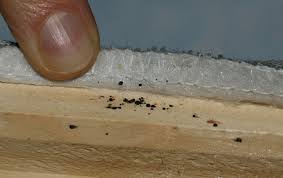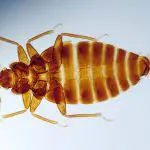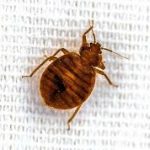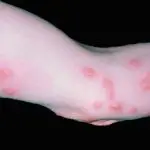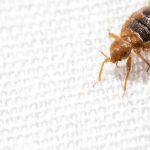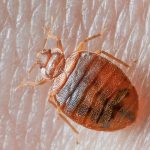How Do Bed Bugs Affect Sleep?
A bed bug infestation can lead to sleep deprivation and exhaustion. The never-ending itching of the bites and the constant worry of crawling bugs can wreak havoc on your mental health. Not only can sleep deprivation affect your performance at work and your family’s well-being, but it can also affect your mood. A lack of sleep can even cause heart disease, accident, and impaired thinking.
Bed bugs are notoriously difficult to kill with a typical pesticide, especially because of their resistance to common household chemicals. These bugs reproduce quickly and can live for two to three months without feeding. Female bedbugs lay between one and five eggs per day. If you’re worried about them biting you, there are a few simple steps you can take to get rid of them without compromising your sleep.
Bed bugs are an ancient, flightless bloodsucking insect that has a long history as a human parasite. They were largely eradicated from human dwellings in the United States after World War II. However, they have returned and have become a major urban pest in many areas. They are now found in almost every type of bed, and even in used clothing and theater seats.
One way to get rid of bed bugs is to call a pest control company and have them inspect the house. Unless you’re sure you’re allergic to the chemicals in bug sprays, it’s best to hire a professional to do the job. You should not use bug sprays or foggers, as they do little to kill bed bugs. If you do, you may have a serious allergic reaction.
